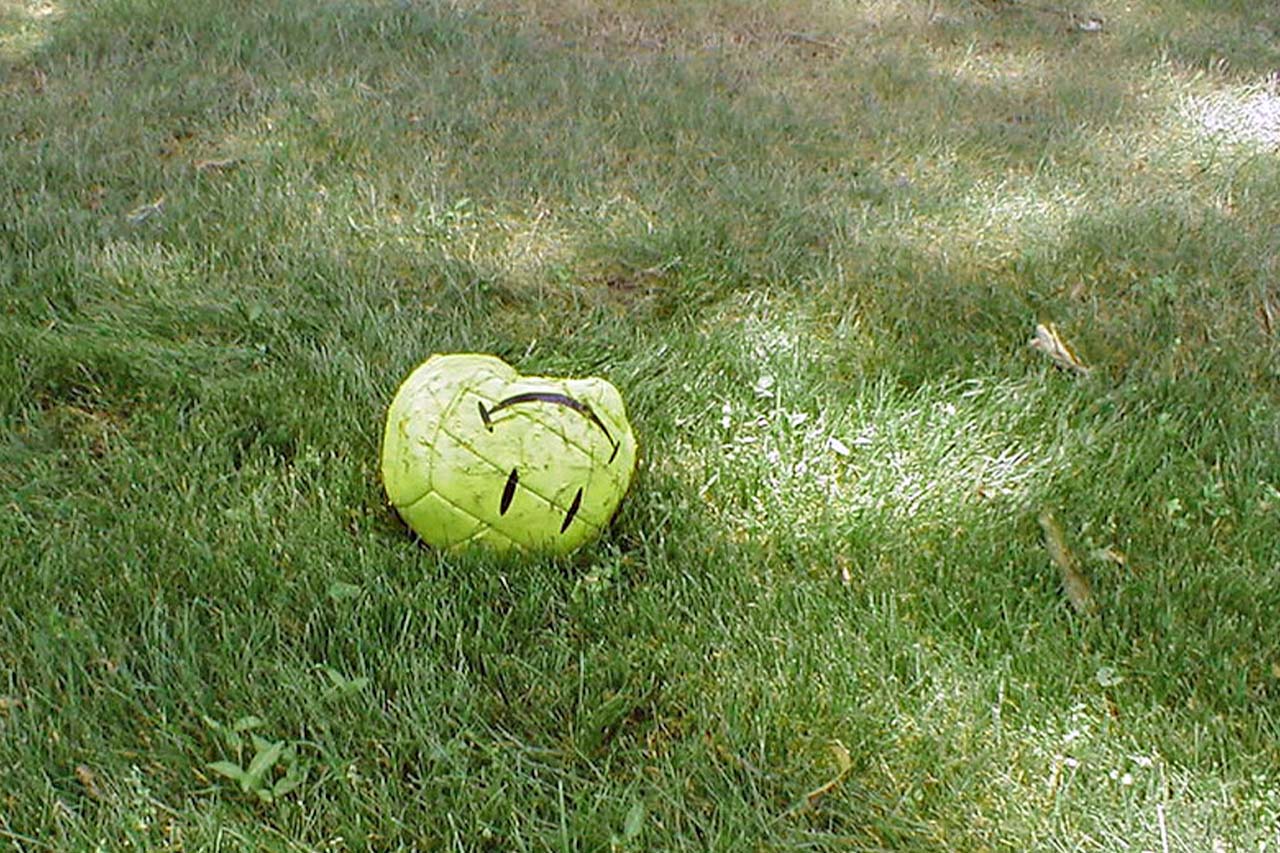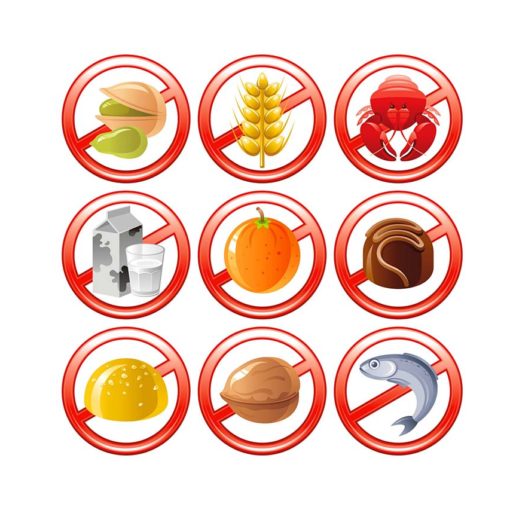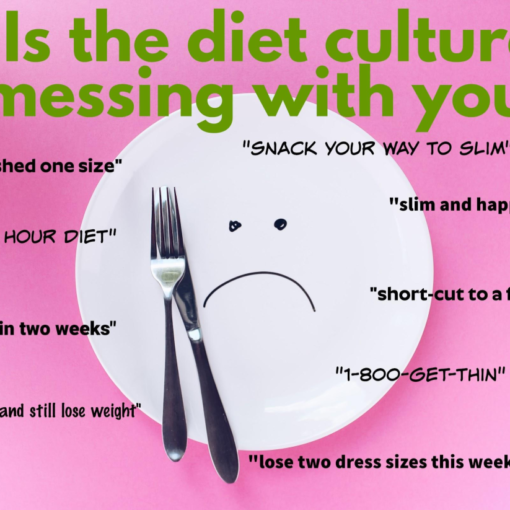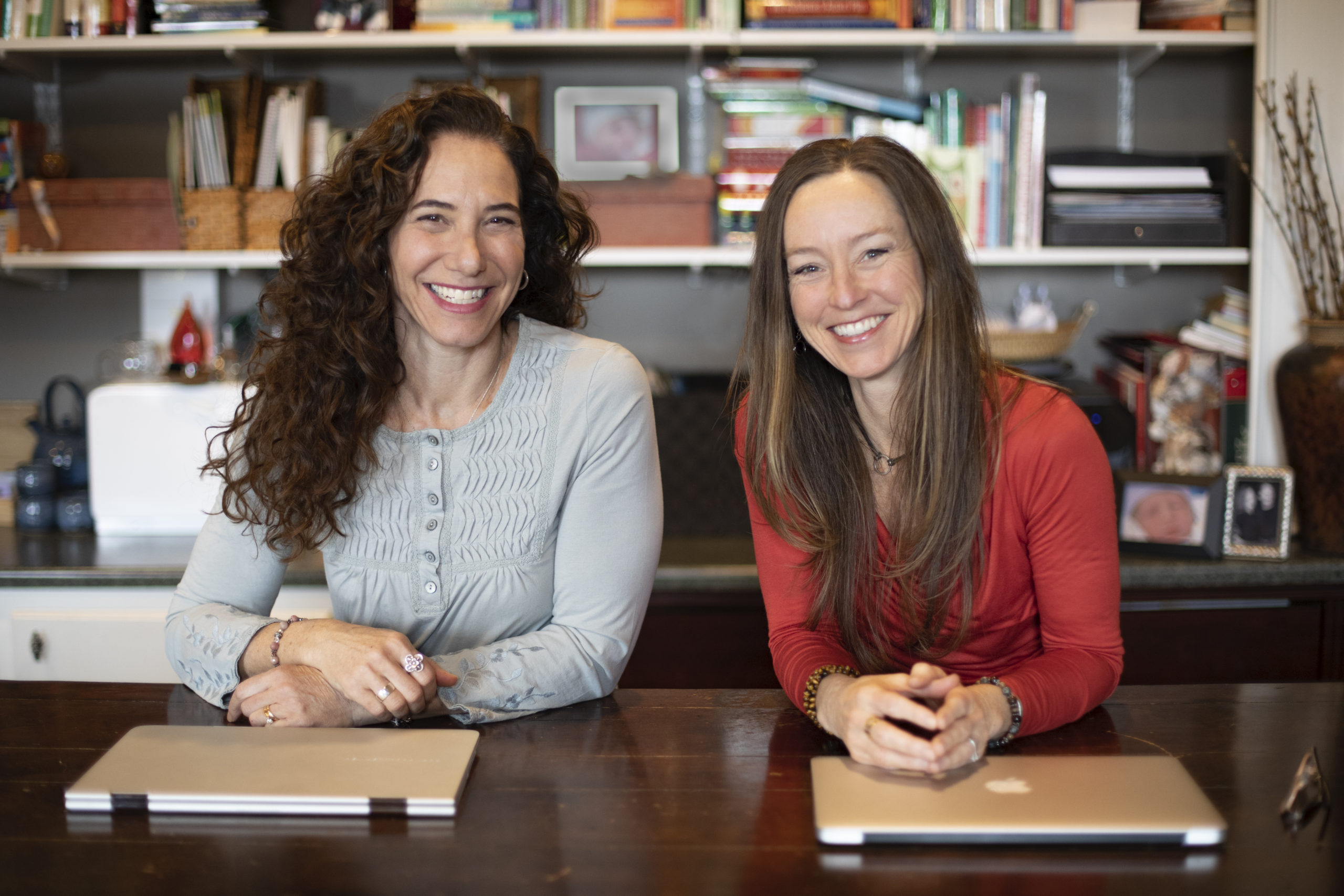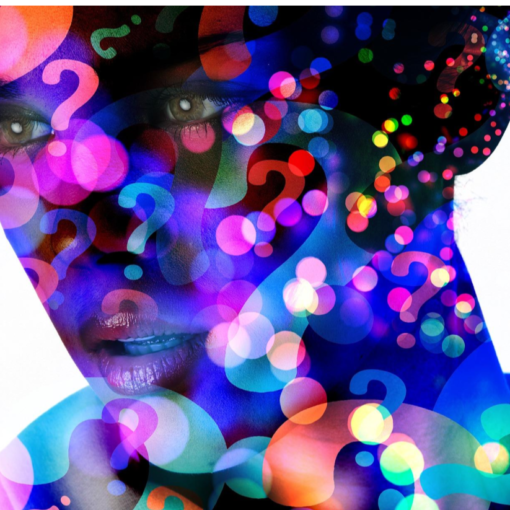by Debbie Peterson
I want to say this first: I am not depressed, nor have I ever been clinically depressed.
So, perhaps I have no business writing about it. However, as an observer, I am surprised by how many people I’ve come across in the last several years who are on some kind of antidepressant drug. Many of these people have been on these drugs for a long time.
Think about this: Do you think our distant ancestors, the ones who were hunter gatherers or even those later who were agrarian, were ever depressed? I don’t mean sad or grieving. I mean really depressed. The kind where you feel there is no point to anything, that you have no motivation to do anything to help yourself, the kind where you cry for “no reason” often or have trouble getting out of bed all day long. Of course, no one really knows if this existed then. I would guess, maybe, there were rare instances of this, maybe.
Today, however, it’s downright common. And there’s enough information out there about how not to be depressed. We’ve all heard them: clean up your diet; stop drinking alcohol, exercise. And, of course, prescription drugs because “it just may be a chemical imbalance that you were born with.” How many TV and radio ads have you heard saying this?
I’m no expert, but I find it very hard to believe that so many people have chemical imbalances.
According to the National Institute of Mental Health, major depressive disorder affects approximately 17.3 million American adults, or about 7.1% of the U.S. population age 18 and older, in a given year. (“Major Depression”, 2017) In a report issued by the National Center for Health Statistics, 12.7% of people in the U.S. over the age of 12 reported taking antidepressant medication in the previous month. This research also found that antidepressant use had grown by 64% (!!!) between 1999 and 2014.
For World Health Day on April 7, 2017, the UN Special Reporter on the right to health, Dainius Pūras, said, “Treating depression and other forms of psychosocial distress with drugs, and medicalizing these conditions, has become the dominant approach. However, the use of psychotropic medications as the first line of treatment, especially for mild and moderate cases of depression, is quite simply unsupported by the evidence. The overreliance on biomedical interventions causes more harm than good, undermines the right to health, and must be abandoned.” (Source)
Perhaps it’s not so much a chemical imbalance as it is an imbalance in how we live.
That’s not to say that the drugs aren’t helpful. Perhaps they are in some cases, temporarily. But they aren’t a solution to a growing problem. Using these drugs has become the default.
In Johan Hari’s recent TED Talk at Ted Summit 2019, he discusses some of the research he’s done and discusses two of the nine causes of depression that he learned about. It was his talk that motivated me to write because these two causes of and solutions to depression really resonated with me and the experiences I’ve had with clients and friends:
1. We are the loneliest society in human history.
We are meant to be around people. We evolved as a social, tribal race, relying and depending on others to survive and thrive. We feel safer in a tribe. We feel cared about, recognized, and needed. In recent history, we’ve disbanded our tribes. Not only is this not natural, but it is unhealthy. Just as our bodies are meant to eat healthy food such as fruits and vegetables, our bodies (and minds) are meant to be a part of a tribe. At Nourish Coaches, CONNECTION is our fifth founding principal of health. So, find a tribe (or two, or three). Reconnect with people you used to be with, join a club of something you enjoy doing or discussing, or figure out a way to be around people regularly, even if at first, you aren’t interacting.
2. We’ve forgotten what is important in life.
This doesn’t mean we really forgot. In fact, many of us talk about it often or post about it: Love, meaning and connection. But, at the same time, we aren’t living it. In Hari’s talk, he references a study done where people were asked to think about a moment in their lives where they actually felt there was meaning and purpose. The next step was for them to think about how they can dedicate more of their lives to pursue this feeling.
I don’t mean to simplify depression and offer solutions that you can just decide to do tomorrow and then everything will be alright. I know it’s much more complicated than that. But we need to start somewhere. Perhaps it’s looking into Johann Hari’s latest book, Lost Connections. Perhaps it’s working with someone to find some balance, whether it’s a therapist or health counselor or both. My purpose of writing this blog is really to start a conversation.
Here are a few more resources that help continuing the conversation:
Our podcast, Nourish Noshes: “Get Connected” “Community Matters”
Our upcoming workshop: The Unhappiness Factor and Compassion for your Inner Critic

